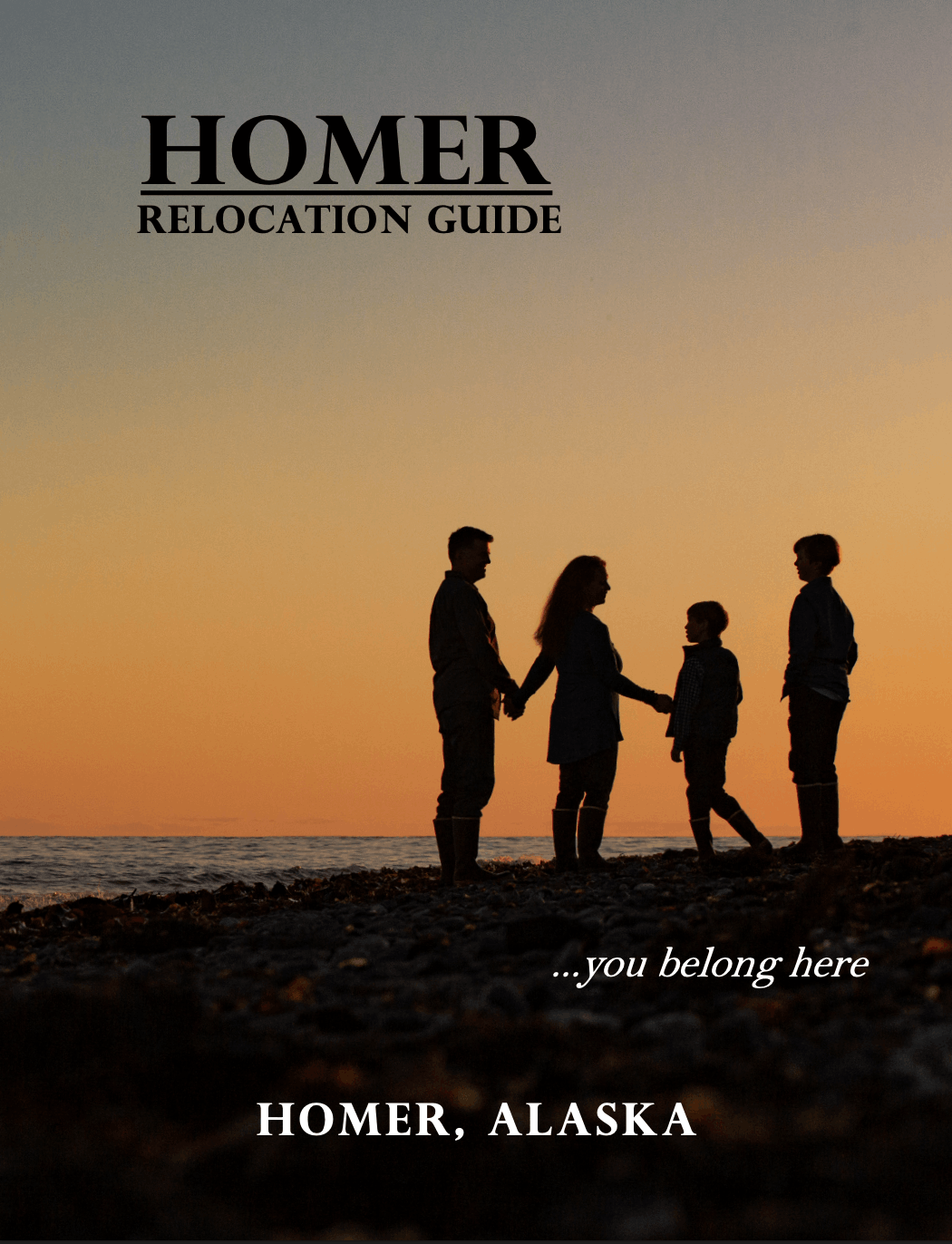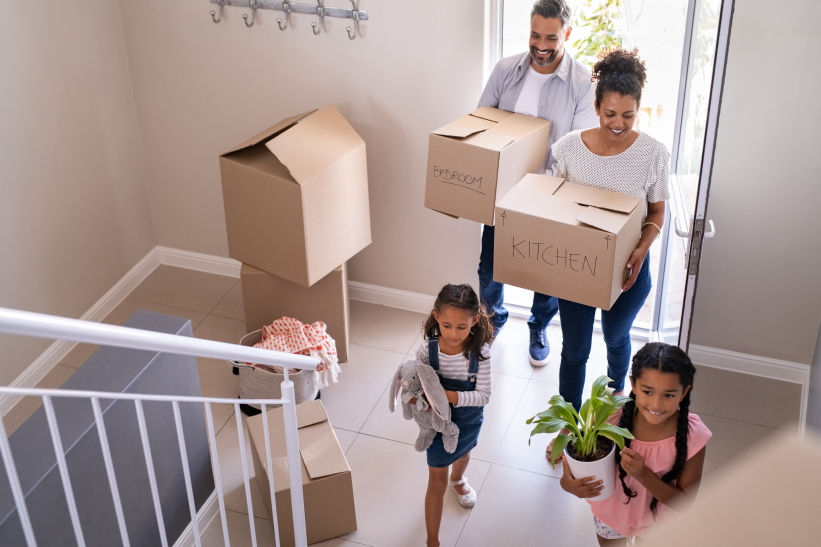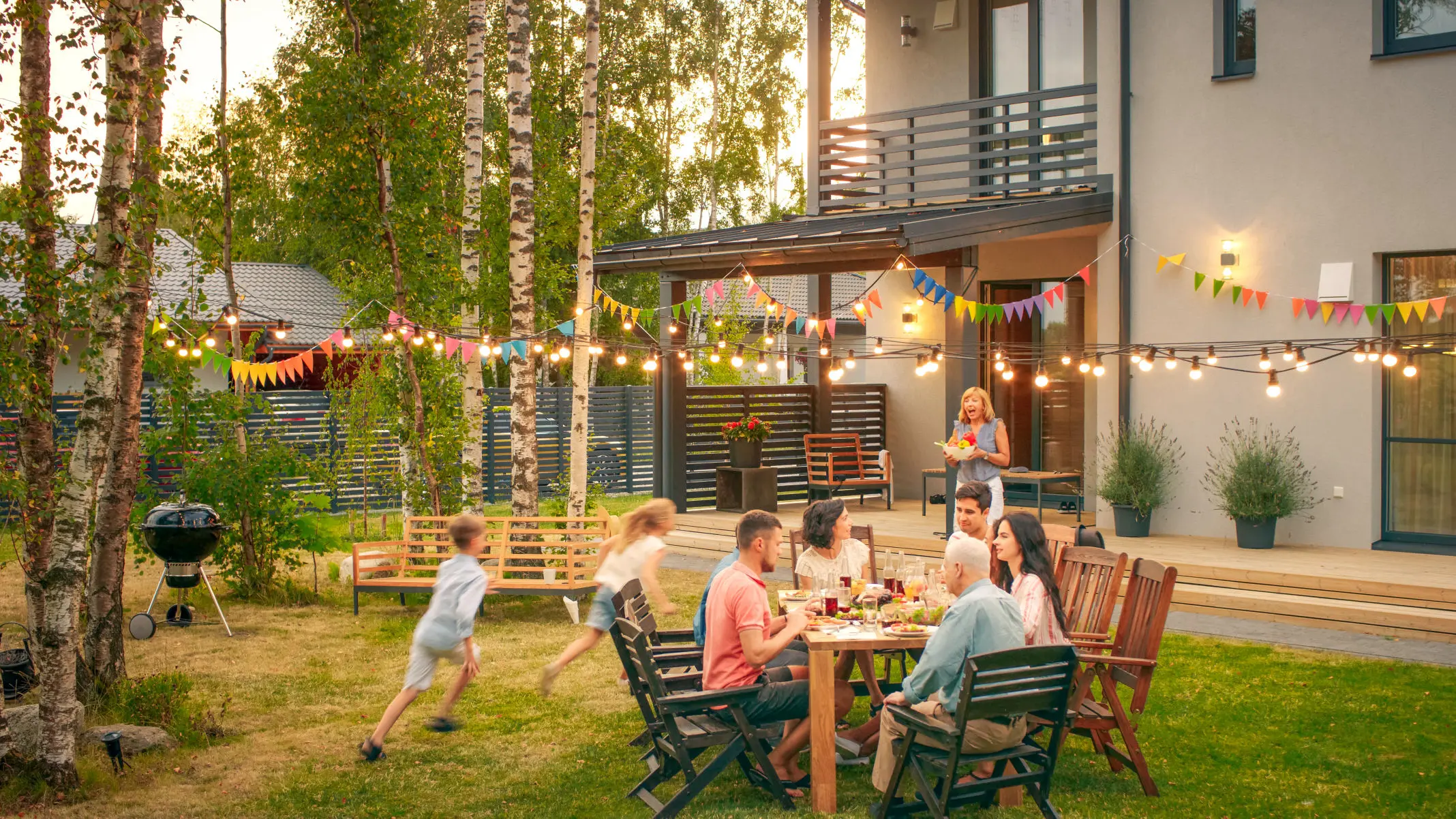Cost of Living: Budgeting and Expenses in Our Community
Value in Quality, Not Excess
Living in Homer means trading urban congestion for meaningful comfort. While the cost of living is slightly above the national average due to Alaska’s logistics, residents find that their money goes further in ways that matter—space, community, and quality of life. You’ll spend less on commuting, parking, and entertainment, and more on experiences that enrich your daily life.
- Overall cost of living: Approximately 10–15% above the U.S. average, largely due to transportation and imported goods.
- No state income tax or sales tax, which helps offset higher consumer costs.
- Property taxes in the Kenai Peninsula Borough average around 1.1%, notably lower than many mainland states.
- Utilities and groceries cost more than average, but many residents supplement with local seafood, gardening, and farmers’ market produce.
Housing and Everyday Affordability
Though shipping drives up prices on certain goods, Homer offers excellent value when it comes to housing, healthcare, and personal safety—key expenses that influence long-term financial security. Homeownership is attainable and stable, and you won’t find the inflated costs of major metropolitan markets.
- Median home price: approximately $400,000, depending on proximity to bay views or acreage.
- Rental rates average $1,200–$1,800 for quality two-bedroom homes or apartments.
- Commutes are minimal—often less than ten minutes—saving both fuel and time.
- Healthcare, education, and recreational amenities are locally accessible, reducing travel costs.
Everyday Living, Elevated by Simplicity
In Homer, value isn’t measured in square footage or brand names—it’s found in the richness of daily life. Groceries might cost a little more, but walking to the docks for fresh halibut or berries picked along the trails more than compensates. You’ll find that the slower pace naturally curbs unnecessary spending, allowing more room for savings, travel, and family experiences.
- Farmers markets and local co-ops make sustainable living affordable and rewarding.
- Lower crime and congestion mean less reliance on costly urban conveniences.
- The mild coastal climate reduces heating and cooling expenses compared to Alaska’s interior.
A Rewarding Exchange
Residents often describe Homer’s cost of living as an investment—one that yields daily returns in well-being, community, and access to nature. The trade-off is clear: a slightly higher grocery bill in exchange for an unparalleled lifestyle.
In Homer, you’ll find that what you gain—peace, beauty, and connection—far outweighs what you spend.




